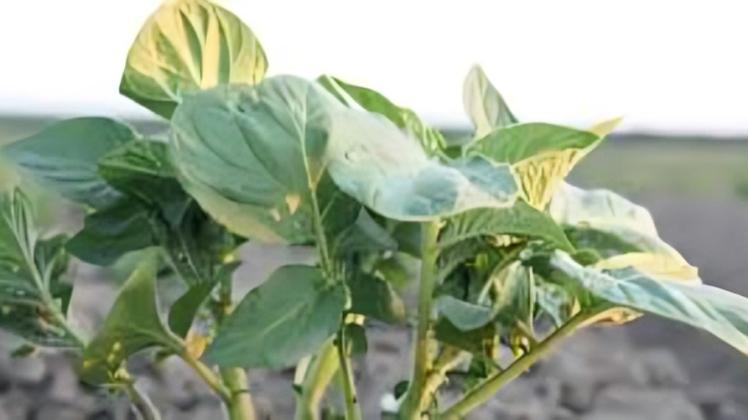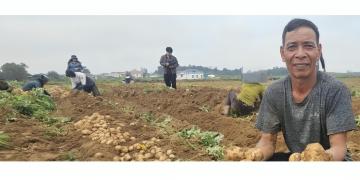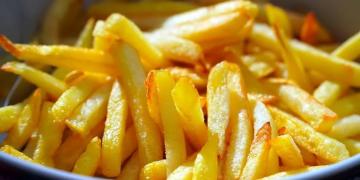Science: Narrow genetic base offers opportunities for potato improvement
Two German research institutes and Wageningen University & Research (WUR) examined the genetic composition of potatoes. The genetic basis for the sources is indeed narrow, but the differences at chromosome level appear to be very large.

The researchers compared the genetic properties of ten historical potato varieties. These varieties are considered the ’Founding Fathers’ of potato breeding in Europe.
The analysis shows that the genetic variation of the varieties studied is limited. The researchers assume that this may have been caused by the fact that the introduction of the potato in Europe was based on only a small number of plants that were once brought from South America. The adaptation of the potato crop to the climate and selection due to sensitivity to certain diseases may also play a role. The example of phytophthora in the mid-nineteenth century is mentioned here.
The genetic resources that form the basis for the European potato are limited, but according to the researchers the differences between those resources, or haplotypes, are very large. They state that the distance between the genetic resources of potatoes is almost as large as the differences between the chromosomes of tomatoes, aubergines and potatoes again.
New breeding methods
According to WUR, the research results confirm previous suspicions. The researchers predict that the new findings are of great value for the development of new methods of potato breeding. Wageningen has been running a breeding program with diploid potatoes for some time now, instead of the traditional crosses between potatoes with four sets of chromosomes. The aim of diploid breeding is to grow F1 hybrid potato varieties.
WUR researcher Ronald Hutten states that with the insight at chromosomal level, breeders can better determine which chromosomes are suitable for incorporating into F1 hybrids. In the long term, he and his colleagues expect to be able to better predict which parent combinations will produce the desired chromosome variants. This makes it possible to develop strong potato varieties more efficiently and in a more targeted manner.
Fuente: nieuweoogst.nl




